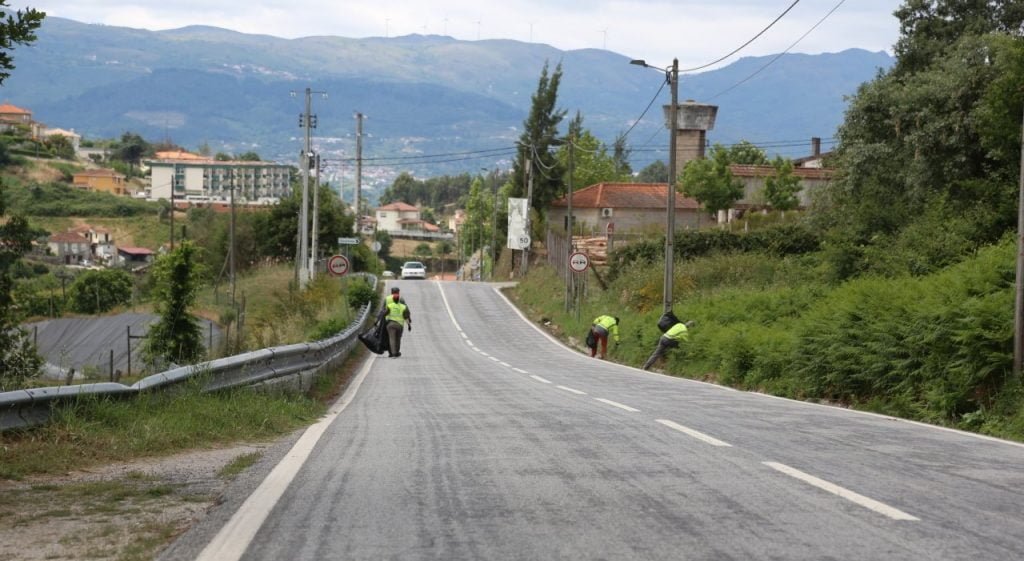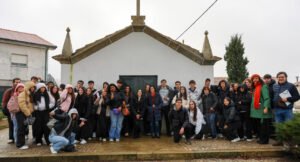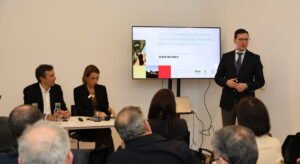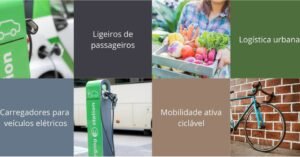World Environment Day was celebrated on June 5th and this year, the Environment Department marked this event by carrying out a series of cleaning actions on National Roads 108 and 321.
The objective was to selectively collect the waste found on the side of the roads, such as plastic, metal, glass, paper, cardboard and other waste packaging.
On Estrada Nacional 321, garbage was collected over a distance of about 25 km, between Lameirão and Loivos do Monte and between Campelo and Ribadouro and on National Road 108, between Frende and Mesquinhata, over a distance of 28 km.
In total, the municipality’s teams collected about 650 kg, with plastics and metals representing about 400 kg, paper about 15 kg, glass about 90 kg and undifferentiated garbage, such as domestic monsters, for example, about 140 kg
Taking an average, the value of 13 kg of waste collected for each km traveled was reached.
Henrique Gaspar Ribeiro, Councilor responsible for the Environment Department, said that “we carried out this cleaning action, with a view to raising awareness among the population, as part of the commemoration of World Environment Day. We appeal to all citizens not to put garbage on the ground and to separate waste, placing it in the corresponding places. Planet Earth is our home and we must have our home always clean, out of respect for ourselves, others and the environment.”
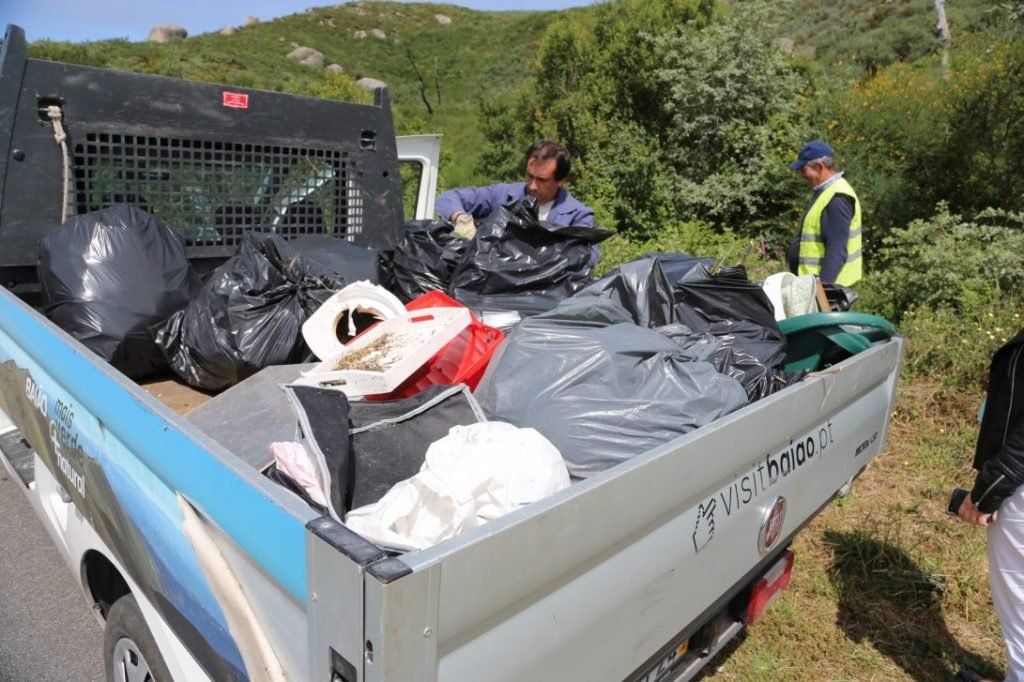
PLACE YOUR GARBAGE IN THE SUITABLE PLACES
A few hours after the cleaning was carried out, it was possible to identify residues deposited on the side of the road, in the places where the actions took place.
Do not place paper or cardboard, plastic, metal and glass packaging in unsorted waste containers, but in the 118 ecopoints in the municipality of Baião.
Store used cooking oil in a plastic bottle and then place it in the 22 oil stations distributed throughout the parishes.
Separate the clothes you don’t need and offer them to friends and acquaintances who can be useful, or put them in the containers for proper treatment.
If you have a yard or garden, compost at home, using food scraps and green garden waste to produce a fertilizing compost that you can use on crops and plants.
Plastics when deposited in the open, by the action of wind and water runoff, can be sent to rivers and streams and, in turn, end up in the sea, where they cause harmful damage to aquatic animals. Thus, it is up to each of us to respect and protect the environment, starting with not depositing waste on the ground and separating the waste we produce in our homes.
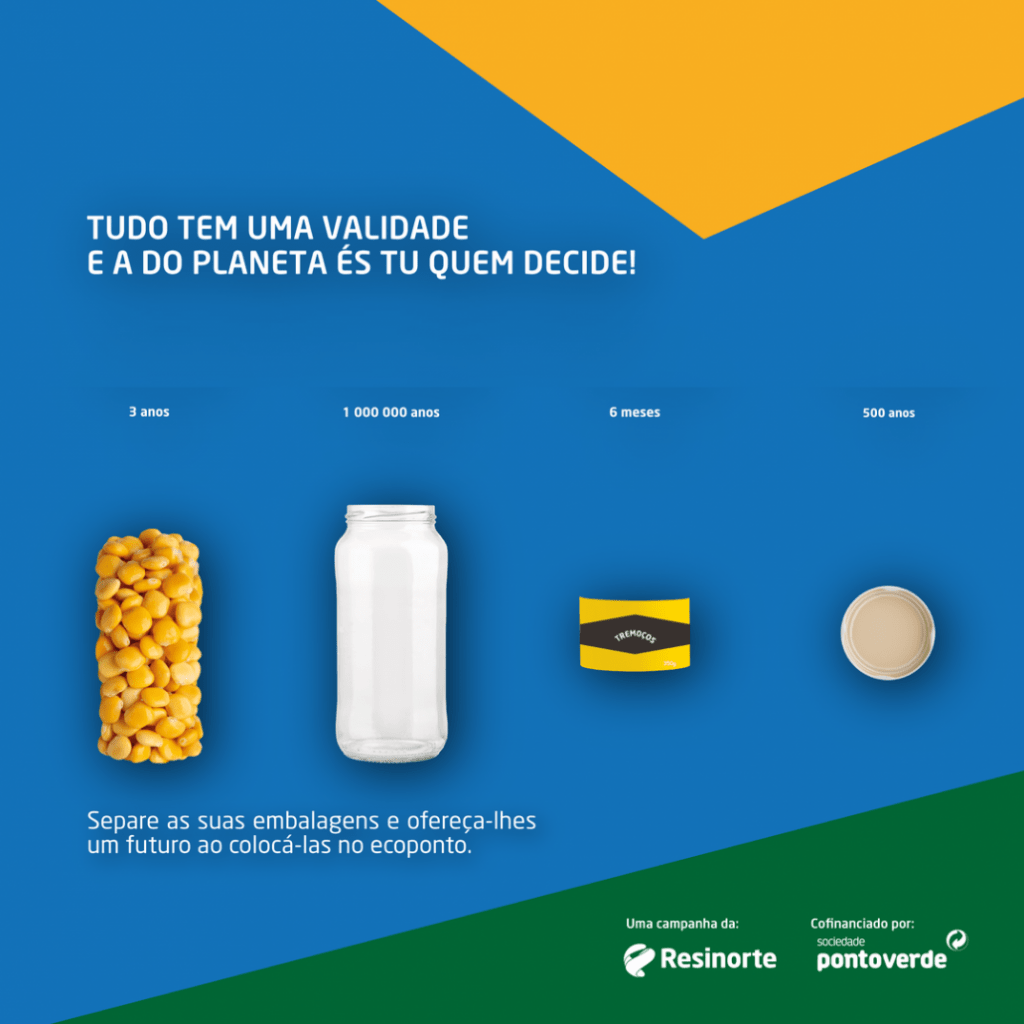
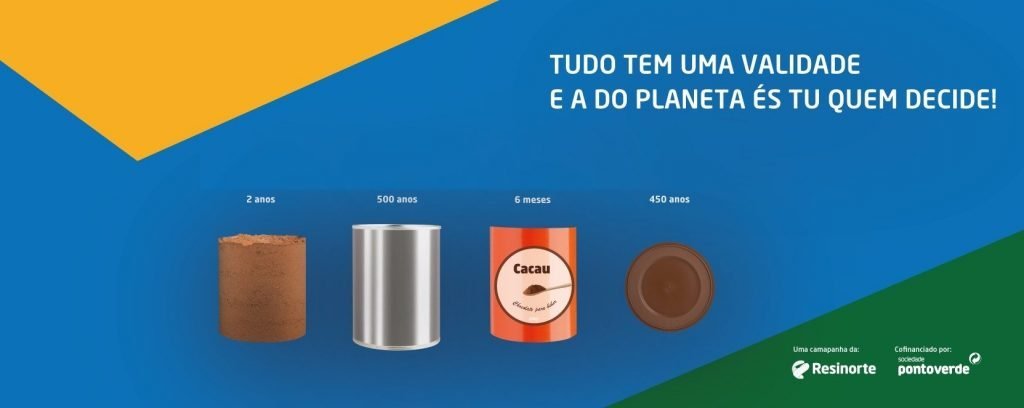
Do you know that:
A plastic bottle takes up to 400 years to decompose, and they remain in nature indefinitely as microplastics;
A can takes up to 500 years to decompose;
A paper package takes up to 6 months to decompose;
A glass bottle takes up to 1 million years to decompose;
One liter of used cooking oil contaminates 1 million liters of water.


